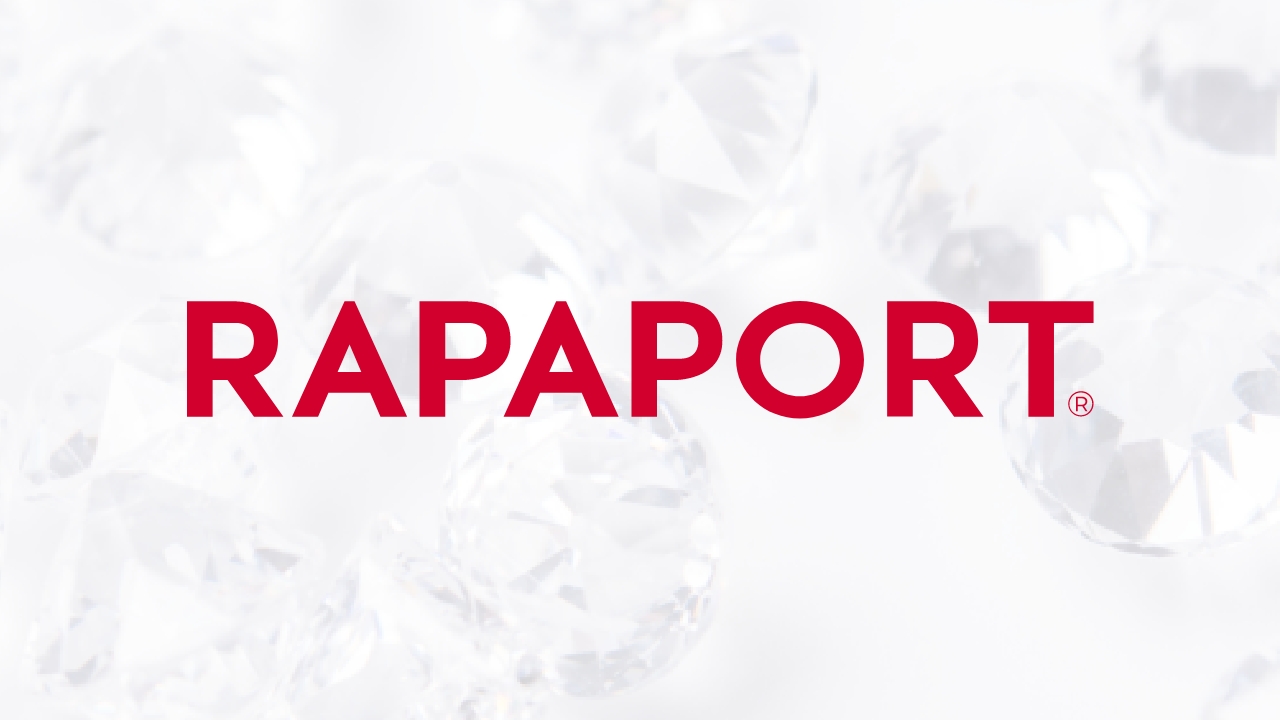We write in response to your letter of January 11, 2022. As you know, the integrity of the jewellery supply chain is the raison d’etre of the RJC, and we continue to support the industry through our rigorous standards, compliance assurance and educational outreach programmes. The RJC believes that supply chain due diligence is the responsibility of each and every company in the global jewelry industry, should be aligned with international standards, and is therefore the key to mitigating the risk of human rights violations associated with the diamond and jewellery supply chain, just as other sectors and industries have pursued.
Responsible supply chains are a shared responsibility for all companies in every sector, and our industry is no different. For that reason, the RJC Code of Practices (COP) includes all parts of the jewellery supply chain, from mine to retail, and is reviewed constantly to ensure the provisions remain relevant and are amended where appropriate.
The RJC Code of Practices & Human Rights Due Diligence Sustainability requires a robust set of standards. The RJC is the leading standards authority for the global jewellery and watch industry, with more than 1550 member companies across 71 countries; 70% of these members are SMEs. Our members represent every aspect of the supply chain, from mining to retail, and supporters from financial institutions and trade associations.
The mandatory COP is a comprehensive manual for a sustainable and responsible jewellery supply chain, covering all aspects including mining, refining, cutting and polishing, manufacturing and retail. Member companies must complete a third-party, independent audit to verify their compliance. COP provisions include labour and human rights due diligence, health and safety, gender equality, non-discrimination and product integrity and disclosure. The COP is also aligned with the OECD Due Diligence Guidance for Responsible Supply Chains for Minerals from Conflict-Affected and High-Risk Areas and the UN Guiding Principles on Business and Human Rights.
The human rights due diligence requirements are detailed in COP Provision 6 (Human Rights Due Diligence), Provision 7 (OECD Due Diligence), and Provision 23 (Health & Safety). Risk assessment related to these provisions is a mandatory requirement for all members.
The RJC actively and constantly promotes human rights due diligence through webinars and training sessions. The RJC has a number of guidance materials and tools covering risk assessment, human rights due diligence and OECD due diligence in addition to the comprehensive COP Guidance. Furthermore, the RJC has launched an additional Due Diligence Member Toolkit for sourcing from conflict affected and high-risk areas for diamonds and coloured gemstones members.
Civil Society Engagement & Transparency
The RJC believes that the perspectives of civil society are extremely important in advancing the cause of human rights in the jewellery industry. To that end, we meet regularly with Global Witness, Human Rights Watch, and the Kimberley Process Civil Society Coalition. We recently followed up on this engagement by including remarks from Global Witness in our newsletter that went out to all members. In addition, the RJC is developing more transparent and detailed reporting systems for our member companies.
The SDGs and 2030 Agenda
The RJC has committed to the 2030 Agenda and launched an SDG Task Force. The goal of this work is to align the RJC COP with the SDGs and enable members both to assess sector specific costs and measure their progress in implementation and reporting against key performance indicators. The RJC itself places particular emphasis on SDG 5 (Gender Equality), 8 (Decent Work and Economic Growth) and 16 (Peace, Justice and Strong Institutions).
Conclusion
The overall RJC approach of due diligence builds upon individual company systems and integrates a wide array of international standards. We firmly believe this is ultimately the most effective and sustainable approach to addressing human rights and other concerns. We should be open and honest about the issues, and we need to develop viable and implementable solutions over the long term in the spirit of continuous improvement.
Iris Van Der Veken, Executive Director, RJC
David Bouffard, Chair, RJC
responsiblejewellery.com



